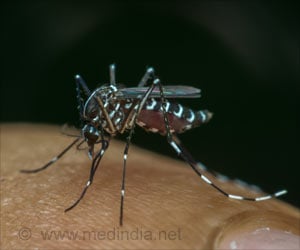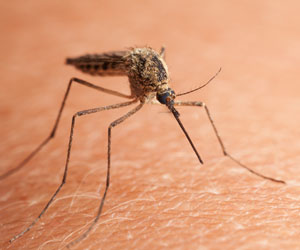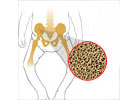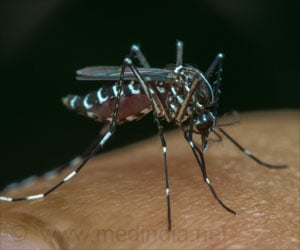Extra iron can interfere with a protein that protects red blood cells against malaria infection and also prevents its toxic buildup, finds a new study.

‘Red blood cells usually use ferroportin to remove excess iron, which malaria parasites consume as a food source. In the study, they found that the absence of ferroportin caused iron to accumulate to toxic levels inside red blood cells. This, in turn, proved that the cell had more parasites and worse outcomes when infected with malaria’





They also found that a mutant form of ferroportin that occurs in African populations appears to protect against malaria. These basic findings may help researchers and healthcare officials develop strategies to prevent and treat malaria infections, which numbered nearly 216 million worldwide in 2016.."Our study helps solve a long-standing mystery," said Tracey Rouault, M.D., the study's senior author and a senior investigator at NIH's Eunice Kennedy Shriver National Institute of Child Health and Human Development (NICHD). "Iron supplements can sometimes worsen malaria infection and, conversely, iron deficiency can be protective in some cases. Our findings reveal that ferroportin--its function, as well as its regulation by iron levels--helps to explain these observations.".
The study team found that red blood cells use ferroportin to remove excess iron, which malaria parasites consume as a food source. In studies of mice, the team found that the absence of ferroportin in erythroid cells (red blood cells and their precursors) caused iron to accumulate to toxic levels inside red blood cells. This, in turn, stressed the cells and shortened their lifespan. .
In addition, the team found that mice lacking ferroportin had more parasites and worse outcomes when infected with malaria, compared to infected mice with intact ferroportin.
When they fed mice a high-iron diet, the researchers also found that a hormone called hepcidin regulates ferroportin in erythroid cells. The hormone, which is more abundant in high-iron environments, lowered ferroportin levels on erythroblasts (precursors to red blood cells) and, subsequently, in red blood cells. Additionally, hepcidin physically bound to ferroportin, preventing iron from being removed from the cells.
Advertisement
"Our findings suggest that Q248H does protect against malaria, possibly explaining why it occurs in people who live in malaria-endemic regions," said De-Liang Zhang, Ph.D., the current study's lead author.
Advertisement
In the other study, which enrolled 290 pregnant women in Ghana, the researchers found that nearly 9 percent had the mutation. Women with the mutation were significantly less likely to have pregnancy-associated malaria, in which parasites accumulate in the placenta and can cause adverse pregnancy and birth outcomes.
"Given the importance of iron metabolism overall, we will continue studying the ferroportin mutation and explore its other potential health effects," added Dr. Zhang.
Source-Eurekalert















